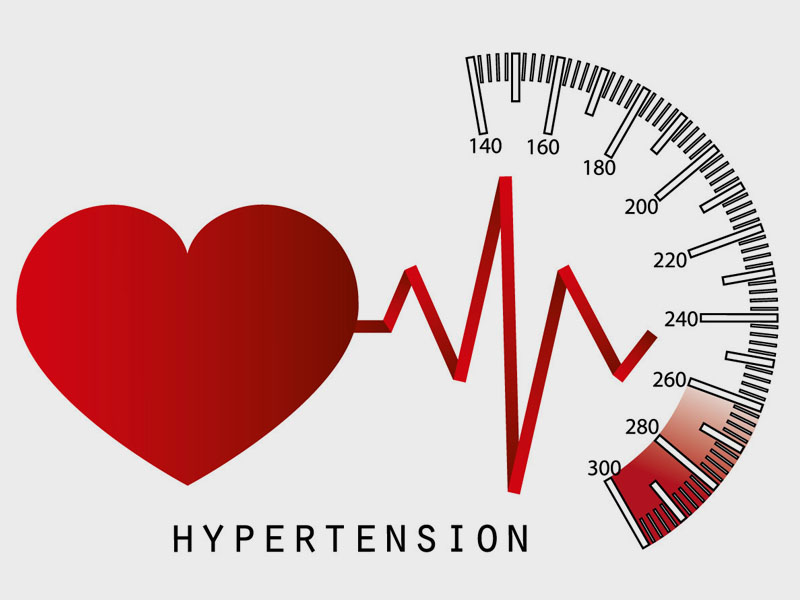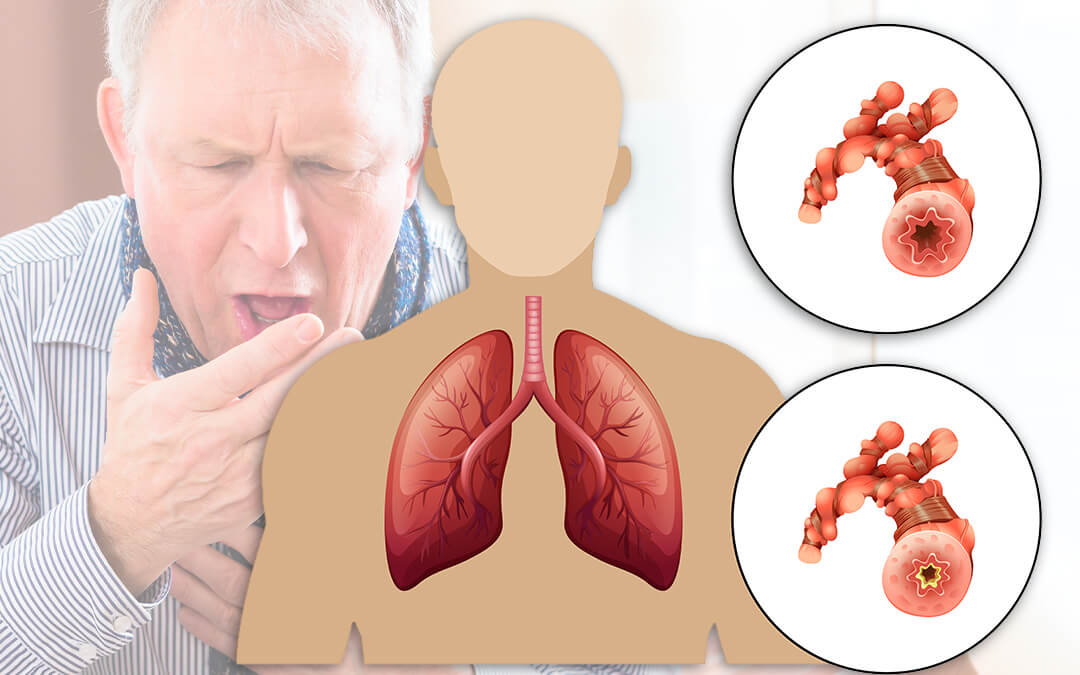.jpg)
Blood Pressure: Understanding, Management, and Prevention
Blood pressure is a critical measure of health, indicating the force of blood against the walls of the arteries. Proper management and awareness are essential to maintain healthy blood pressure levels and prevent related complications.
Types of Blood Pressure Conditions
1. Hypertension (High Blood Pressure)
- Cause: Stress, unhealthy diet, obesity, and genetic factors.
- Symptoms: Often asymptomatic but may include headaches, dizziness, or nosebleeds.
- Management: Lifestyle changes, medications, and regular monitoring.
2. Hypotension (Low Blood Pressure)
- Cause: Dehydration, blood loss, or certain medical conditions.
- Symptoms: Dizziness, fainting, blurred vision, and fatigue.
- Management: Hydration, addressing underlying causes, and in some cases, medication.
3. White Coat Hypertension
- Cause: Anxiety during medical check-ups.
- Symptoms: Elevated blood pressure readings in clinical settings but normal levels otherwise.
- Management: Relaxation techniques and 24-hour blood pressure monitoring.
4. Hypertensive Crisis
- Cause: Sudden, severe elevation in blood pressure.
- Symptoms: Severe headache, chest pain, shortness of breath, or blurred vision.
- Management: Emergency medical treatment to prevent organ damage.
Causes and Risk Factors
- Unhealthy Diet: High salt and fat intake contribute to hypertension.
- Physical Inactivity: Sedentary lifestyle increases blood pressure risk.
- Stress: Chronic stress can elevate blood pressure levels.
- Medical Conditions: Diabetes, kidney disease, and hormonal disorders.
- Genetics: Family history plays a significant role in blood pressure regulation.
Prevention Tips
Healthy Lifestyle Choices
- Adopt a balanced diet rich in fruits, vegetables, and whole grains.
- Limit salt intake to recommended daily levels.
- Engage in regular physical activity, such as walking or cycling.
Stress Management
- Practice relaxation techniques like meditation and deep breathing.
- Get adequate sleep to support overall health.
- Seek support from friends, family, or counselors when needed.
Treatment and Management
- Medications: Prescribed antihypertensives or treatments for underlying causes of low blood pressure.
- Regular Monitoring: Use home blood pressure monitors to track levels.
- Dietary Adjustments: Low-sodium, potassium-rich foods for managing hypertension.
- Exercise: Consistent physical activity to strengthen the heart and regulate blood pressure.
Complications of Untreated Blood Pressure Issues
- Heart Disease: Hypertension increases the risk of heart attacks and heart failure.
- Stroke: Elevated blood pressure can lead to strokes due to arterial damage.
- Kidney Damage: High blood pressure affects kidney function over time.
- Vision Loss: Blood pressure issues can damage blood vessels in the eyes.
Role of Healthcare Facilities
- Specialist Clinics: Provide diagnosis and long-term management plans.
- Diagnostic Tools: 24-hour blood pressure monitoring and lab tests.
- Health Education: Guidance on lifestyle changes and medication adherence.
- Emergency Care: Immediate treatment for hypertensive crises or complications.
Conclusion
Blood pressure management is vital for overall health and longevity. By adopting healthy habits, staying informed, and seeking regular medical care, you can effectively control your blood pressure and minimize risks. Take proactive steps today for a healthier tomorrow!














